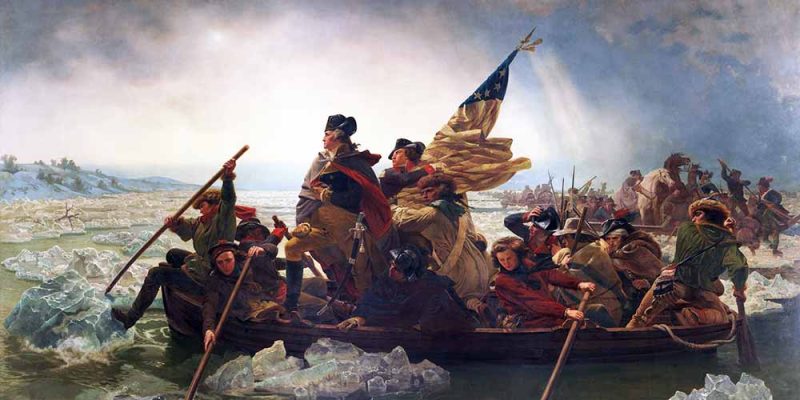Table of Contents
- Introduction
- Burning Books 213 B.C.
- Persecuting Philosophers
- Banned Books & Bible
- Books lost forever
- Inquisition Censorship
- Index Librorum Prohibitorium
- Copernicus & Galileo
- Darkness in Enlightenment
- Revolution & Banned Books
- Colonialism & Book Bans
- New Nation Censorship
- Nazi Germany Book Burning
- USSR Banned Books
- McCarthyism Book Banning
- 21st Century Book Bans
- Banned Books Battles
- Digital Age Book Banning
- World Wide Book Banning
- Book Banning is Bad
- The Future of Book Banning
- Looking Back in History
- Discover New Worlds
Revolution and Banned Books
Silenced Voices in Turbulent Times

The time of political revolutions is often one of upheaval and change, where new ideas clash with old, and the tension between tradition and progress intensifies. During such periods, literature often becomes a battlefield, with books challenging authority or advocating change being targeted for censorship or banning.
The late 18th and 19th centuries were marked by revolutions and major political transformations and provide striking examples. The American Revolution, French Revolution, and the wave of revolutions across Europe in 1848 shook the foundations of traditional authority. There were debates about governance, individual rights, and societal structures.
Books played a crucial role in these debates, giving voice to revolutionary ideas and criticisms of existing power structures. This made them targets for censorship. During the French Revolution, “The Social Contract” by Jean-Jacques Rousseau, a book advocating democratic governance and equality, was deemed seditious by the regime and prohibited.
In the decades that followed, governments fearing the power of the books took steps to silence dissident voices. Russia’s Tsar Nicholas I implemented stringent censorship laws following the Decembrist Revolt in 1825, leading to the suppression of numerous works advocating political and social reform.
The 19th century also witnessed the rise of the labor movement and socialism, and books promoting these ideologies, like Karl Marx’s “The Communist Manifesto,” were frequently banned or suppressed. Governments and established powers feared that such books could incite unrest or revolution among the working classes.
In the United States, Harriet Beecher Stowe’s “Uncle Tom’s Cabin,” a novel that powerfully condemned slavery, was banned in many parts of the southern United States prior to the Civil War. The book’s vivid depiction of the horrors of slavery made it a catalyst for the abolitionist movement, but also a target for those seeking to maintain the status quo.
Despite these attempts at censorship, banned books often found a way to reach their audiences. They were smuggled, printed in secret, and passed from hand to hand, their ideas spreading despite the risks. These silenced voices played a vital role in shaping the political and social landscape of the era.